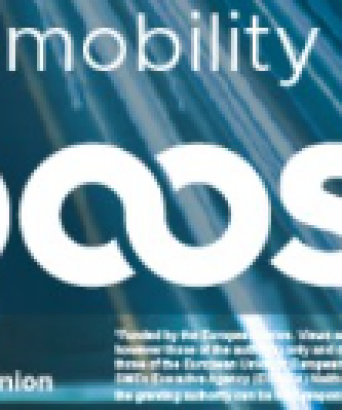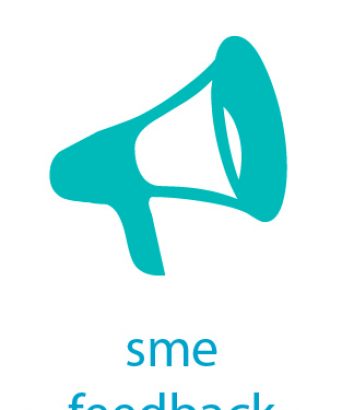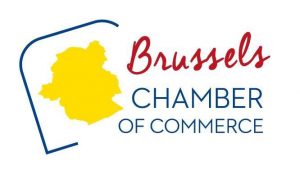LIFE close-to-market projects
The LIFE programme helps companies bring their green products, technologies, services and processes to the market.
These so-called close-to-market projects launch innovative, demonstrative solutions that offer clear environmental and/or climate benefits. Examples could be in waste management, the circular economy, resource efficiency, water, air or climate change mitigation.
These projects also have a high level of technical and business readiness. This means that solutions could be implemented in close-to-market conditions (at industrial or commercial scale) during the course of the project or shortly after its completion.
The LIFE programme has been instrumental in supporting green innovations and cleantech solutions across Europe. As well as funding up to 55% of each project, the LIFE financial instrument helps with the commercialisation of innovative solutions, easing their entry into the market.
Every year, the European Commission publishes LIFE calls for proposals. Applicants for close-to-market projects can apply in the areas of climate change mitigation and adaptation and circular economy and quality of life.
From 18 – 20 May, CINEA, the European Climate, Infrastructure and Environment Executive Agency, will hold various virtual information sessions on the LIFE 22 Calls for proposals.
These live virtual sessions will guide potential applicants through the LIFE programme, the Calls for proposals and the priority topics for 2022.
A series of Questions and Answers sessions will follow the information meetings.
There will also be virtual networking opportunities and candidates will be able to hold bilateral meetings with CINEA project advisors.
[:][:]




